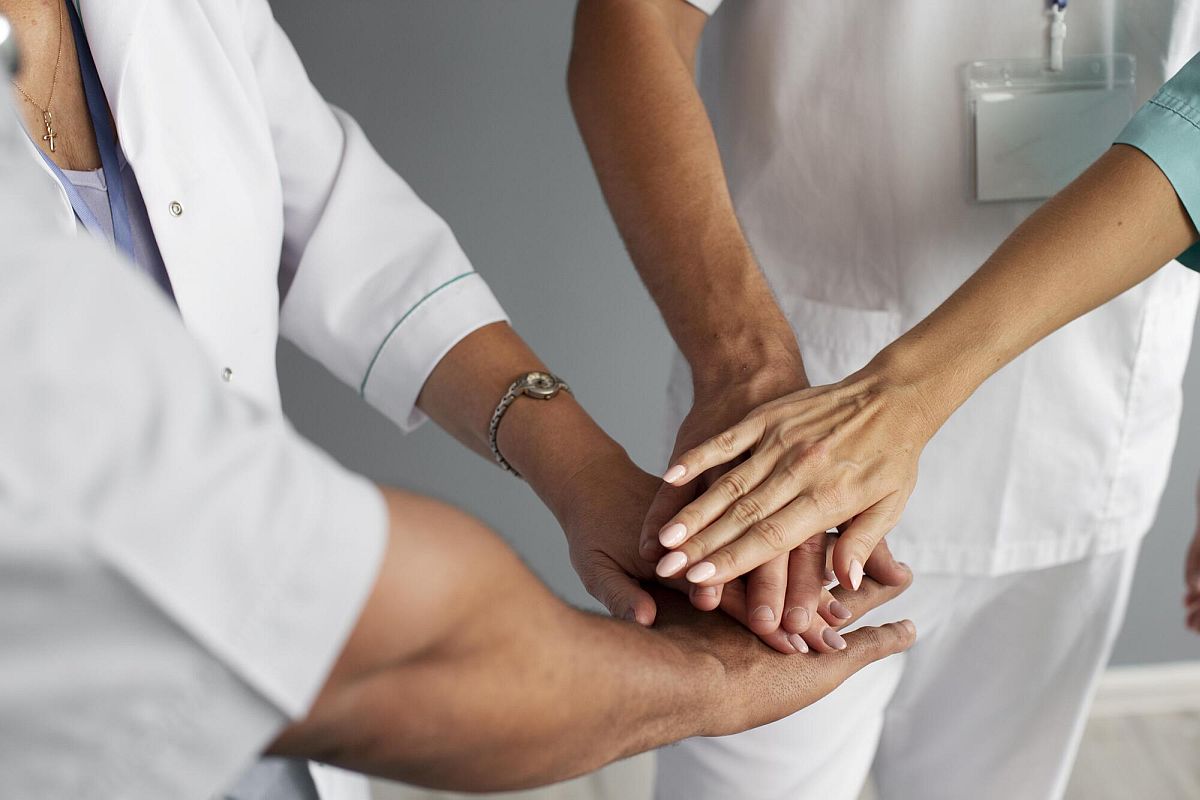The first-ever International Day of Care and Support on October 29, 2023 signals that the time has come for deeper focus and commitment to understanding the intersections of gender and care, especially as the Malaysian government moves towards strengthening the care economy.
In light of this, the Women’s Aid Organisation (WAO) is proud to be a recipient of a research grant to study “Endemicity, Care, and Gender: Towards Developing Resilience in Malaysia’s Essential Care Workforce and Infrastructure” (RE:CARE).
RE:CARE is part of the Women RISE Initiative, led by the International Develop Research Centre (Canada), and will conclude in September 2024.
The project is unique in its multisectoral approach, with research undertaken with stakeholders from TalentCorp Malaysia and the Ministry of Health (MOH), as well as academics from the University of Malaya and the University of Alberta, Canada.
RE:CARE hopes to uncover the gendered and uneven impact of the pandemic and the subsequent transition to endemicity on women care workers in Malaysia, particularly those involved in essential work.
The project takes into consideration their unique lived experiences through Covid-19 to assess relevant policies and put forward necessary recommendations to build resilience of our care systems and structures.
Care work, as defined by the International Labour Organization (ILO), encompasses the paid and unpaid nature, as well as direct and indirect aspects of care.
Direct care work includes looking after others, while indirect care work includes domestic work, such as cooking and cleaning.
Essential care work is care work undertaken by those within the health care, social care (social workers, childcare providers, care providers for the disabled and elderly), and domestic care (such as domestic workers) sectors.
These sectors are essential because they shoulder the impact of responding to society’s needs in times of crisis.
Care responsibility has long been disproportionately borne by women, both professionally and privately, with the unpaid care work women undertake globally amounting to 1.1 trillion hours.
In Malaysia, care work remains understudied, leaving the care economy and essential workers vulnerable to flawed social protection policies.
The pandemic exacerbated challenges with disrupted emergency services, inaccessible child care and elder care, and a shortage of social workers.
RE:CARE intends to contribute towards preparing and protecting our care workers — women and men alike — for future crises.
Lessons learned from the Covid-19 pandemic should inform the Madani government’s approach to navigating an ageing population, potential public health threats, and the climate crisis.
The RE:CARE Project Technical Committee was set up on September 14, 2023, and comprises the MOH, Ministry of Economy, Ministry of Human Resources, Ministry of Women, Family and Community Development, the Implementation and Coordination Unit under the Prime Minister’s Office, and the Employees Provident Fund (EPF), as well as other relevant stakeholders from civil society and academia.
This is to ensure cross-cutting policy development that will benefit all in Malaysia.
We welcome the committee’s advice on technical matters and are proud to be working with the government to ensure the resilience not only of Malaysia’s essential care infrastructure, but also of our rakyat.
The RE:CARE Project Team is helmed by the Women’s Aid Organisation (WAO), in collaboration with Dr Denise Spitzer from the University of Alberta, Dr Shanthi Thambiah from the University of Malaya, alongside stakeholders from TalentCorp Malaysia and the MOH.
The research is generously funded by the International Development Research Centre (IDRC), the Canadian Institutes of Health Research (CIHR), and the Social Sciences and Humanities Research Council of Canada.
Since 1982, the Women’s Aid Organisation (WAO) has provided free shelter, counselling, and crisis support to women and children who experience abuse. Learning from women’s experiences, we advocate to improve public policies and shift public mindsets..
- This is the personal opinion of the writer or publication and does not necessarily represent the views of Ova.












